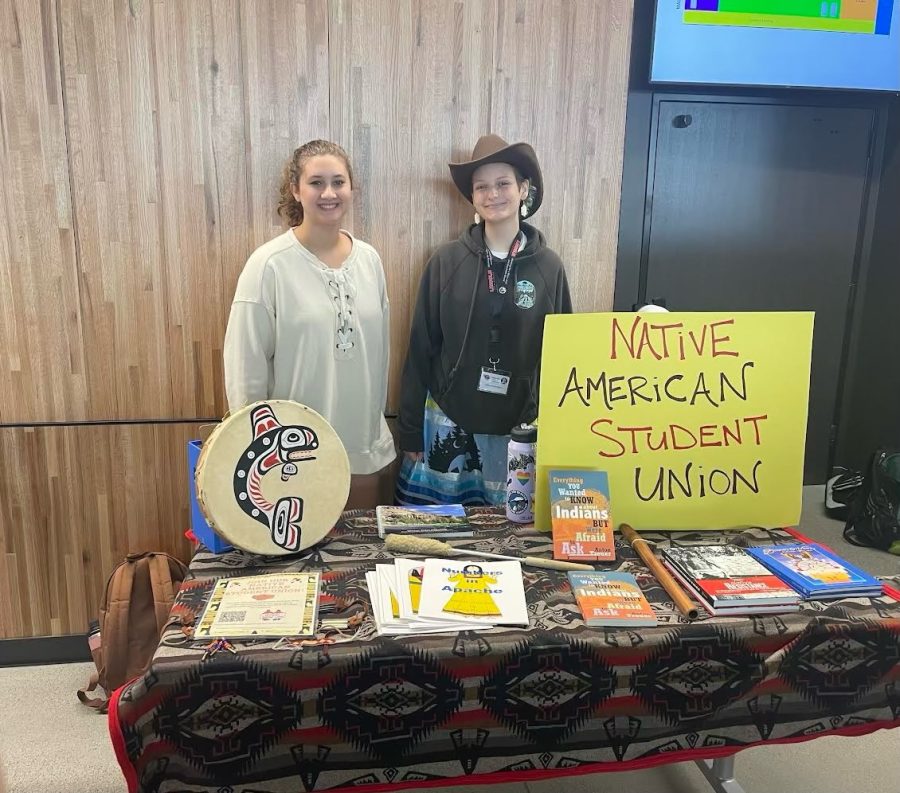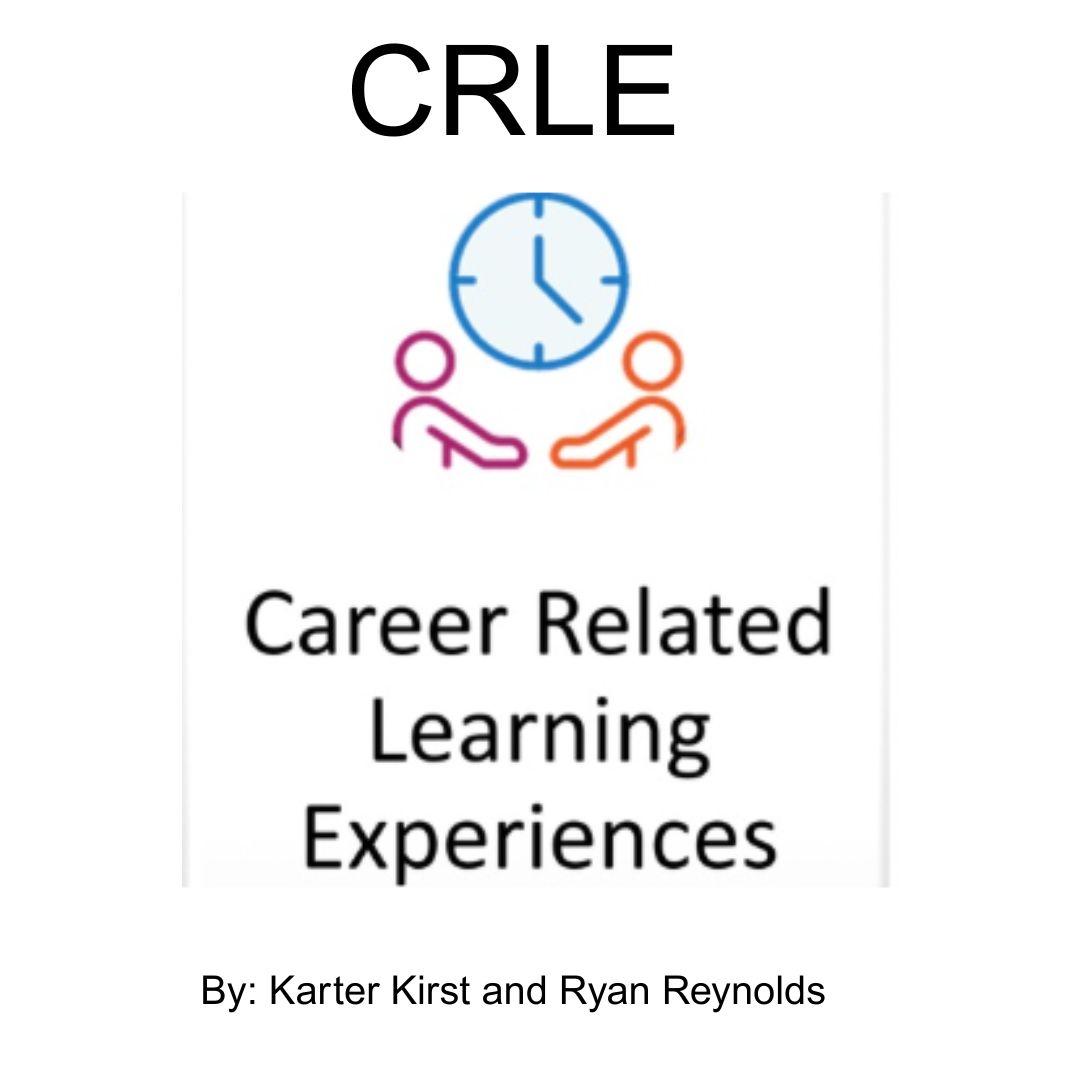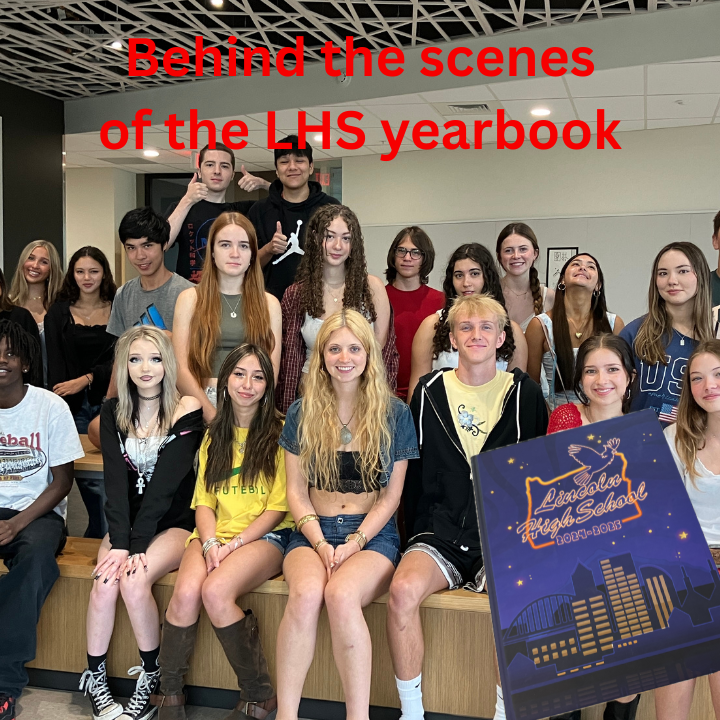Teaching Tribal Studies in schools with Senate Bill 13: What is the progress?
Courtesy of Kennedy Farley and Bodhi Reed
The Native American Student Union at Lincoln is led by Kennedy Farley and Bodhi Reed. They are working with the school to create a space for Native students and are advocating for Native rights.
October 24, 2022
In 2017, the Oregon Legislature passed Senate Bill 13 (SB13). The Oregon Department of Education (ODE) partnered with the nine federally recognized tribes of Oregon to develop a curriculum for Tribal and Shared History in Oregon public schools. According to ODE, since the bill passed, the only grades included in the lesson plans are fourth, fifth, eighth and 10th.
In an interview with the Cardinal Times, former Lincoln High School teacher Matt Reed said, “I’m really glad that our state leaders prioritized and listened to Indigenous leaders to make this curriculum possible… but I don’t think it’s enough, and I don’t think they would say it’s enough, either.”
Portland Public Schools Director of Indian Education, Gillian Murr, says that awareness about tribes and the bill itself is a concern: not enough educators and administrators know or care about it as the lessons are all in self paced modules done on a teacher or admin’s personal time.
“But I do think that if our district wants to support and serve our Native students, they need to do more work around the tribes,” said Murr. “Put [SB 13] into action so that all students are getting it and that it’s not just, if the teacher knows about it.”
The Indian Education Coordinator for ODE, Brent Spencer, oversees the implementation of SB13. ODE plans to release two lesson plans per five content areas for grades one through 12. He says they hope to release 90 new lesson plans about Tribal and Shared History and make them available to teachers.
“They won’t be available for this academic year. However, we’re hoping to have our internal protocols completed by then, and have reviewed [them] by the nine sovereign tribes of Oregon and our government to government education cluster,” said Spencer.
Melissa Schachner is the director of the K-5 language arts curriculum within PPS, and she has been involved in the rollout of the tribal history curriculum. According to Schachner, in an early conversation with Murr, she expressed the difficulty in using the SB13 lessons.
“The lessons that came from the State are not fully ready to roll out into a classroom,” said Murr.
Senior Kennedy Farley is member of the Choctaw and Cherokee Tribes and a leader of Native American Student Union. She would like for tribal education to focus on contemporary issues.
“I would like to see a bigger awareness of the issues that are facing us now… like the Dakota oil pipeline. Those are things we can start changing now as the new generation,” said Farley.
Murr and Farley agree that schools, in addition to knowing more about the legal mandate and available lessons, must fund education about tribal history. Currently, schools can apply for grants and fundraise to get leaders into their programs to be voices in their education, but Murr feels funding should come from individual districts.
“Ideally, it would come from districts, putting money aside and into their budget. I think that’s going to take more advocacy from the community and organizations. Because otherwise, I don’t think that they will budget for it,” said Murr.
Farley also wants districts to fund education about tribal history.
“Put your money where your mouth is. If you say you want to help native students and you want to help indigenous leaders, pay them for their time. You can pay them to come to our school… just pay people to come in and talk. That’s the easiest way to do it,” said Farley.




